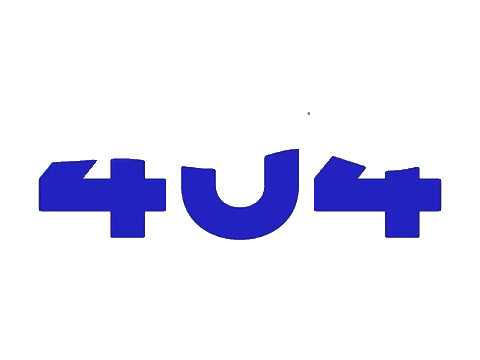
Page Not Found
We're sorry, but the page you were looking
for doesn't exist.
Contact
Get latest News About Procurement Resource
Subscribe for news
This site uses cookies (including third-party cookies) to record user’s preferences. See our Privacy PolicyFor more.